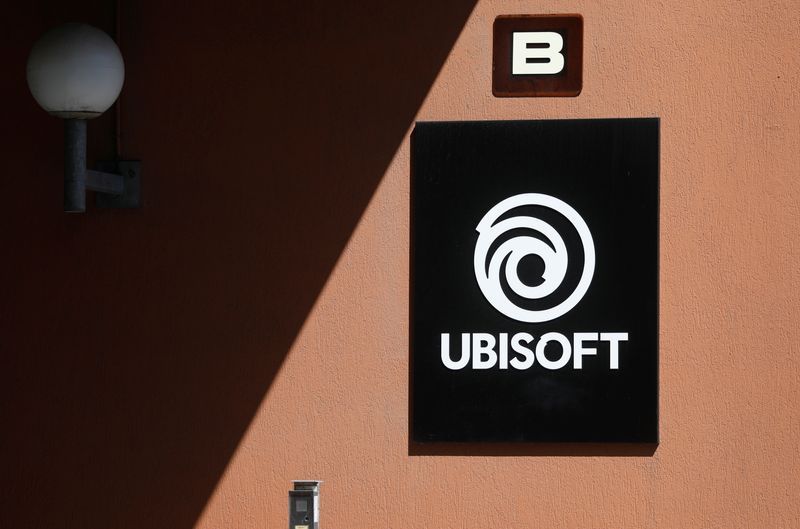
To pass time in the mid-1980s, a Soviet mathematician developed a simple game of falling blocks. The rise of this console hit would ultimately become something of a Cold War thriller. Four decades later, people are at last completing the game. — Photo: Andrea Warnecke/dpa
MOSCOW: Wide-eyed, Willis Gibson, 13, covers his face, leans foerward and gasps for air, saying, "Oh my God," over and over again.
He's the first person to beat Tetris, the puzzle video game invented by Alexey Pajitnov, a Soviet software engineer, back in 1985.
Thanks to a new technique, Gibson made it to the "kill screen" in level 157 – the moment when the screen freezes because the hardware and software have finally reached their limits.
Normally, the pace of gameplay is so quick from level 29 onwards that no one manages to get much further than that.
Henk Rogers, head of the US-based Tetris Company, was one of the first to congratulate him earlier this year, and spoke of Gibson's "amazing achievement" during a video call.
He and Tetris inventor Pajitnov had discussed the new record over dinner and were overwhelmed by Gibson's incredible technique and speed, he said.
Tetris was not actually programmed to be played right through to the end, after all.
Four decades ago, Pajitnov could barely have dreamed of what Tetris would become. Back then, he was a mathematician working at the computing centre of the Soviet Academy of Sciences in the 1980s, as the first devices resembling personal computers emerged.
Scientists had to programme games in order to test the new systems' computing power. But, he says, that was just a pretext for him, as it was also one of his hobbies.
He created Tetris, inspired by memories of a puzzle game called Pentomino he had played as a child.
While five squares stick together to form different figures, in Pajitnov's game, he shortened this to four blocks, partly because it made programming easier.
The name, meanwhile, combines the ancient Greek term for four, namely "tetra" and tennis, Pajitnov's favourite sport.
Ever since, pieces have been tumbling across console screens, though back then, the lack of graphics cards meant the squares were simply displayed with two brackets.
I made everything as simple as possible, says Pajitnov, looking back. "At the time, I was afraid that one wrong decision would ruin the game."
Far from it. The game was an instant success, though initially, that just meant his colleagues shared copies of it with each other.
Tetris only began its triumphal march across the globe a few years later, when it came to the attention of Western game manufacturers.
The most exciting stage came when the battle for the game licence became a real thriller in the late 1980s, a dramatic story retold in a film in 2023.
Initially, Mirrorsoft, a company owned by British media mogul Robert Maxwell, secured the computer rights through intermediary Robert Stein. The British took a generous interpretation of the agreement and started selling sub-licences in Europe and Asia without the knowledge of the Soviet Union.
Pajitnov saw no money at all for his hit for the first 10 years as he had to cede the rights to the Soviet state – in the form of the foreign trade company Elektronorgtechnika, or Elorg for short.
Elorg then also conducted the further negotiations, which came to a dramatic head when Dutch game developer Rogers, then living in Japan, and the Nintendo Group behind him came onto the scene.
Rogers first spotted Tetris at a computer trade fair and was immediately hooked. In order to secure the rights to it for mobile devices, he travelled to Moscow virtually acting alone – and arriving at the same time as Stein and representatives from Mirrorsoft.
He sought to make the best possible impression, not only on the Moscow bureaucrats, but also on Pajitnov, who, despite the risks involved, invited him into his flat without further ado. The Russian introduced him to his family, showed him other games he had created and, he says, shared with his guest a decent amount of his nation's vodka.
Rogers ultimately not only obtained the rights to Tetris for Nintendo for handheld consoles, but also for stationary consoles.
Maxwell protested to Soviet leader Mikhail Gorbachev, with whom he had good connections but to no avail – partly because the Russians had not seen any money for years.
Tetris ended up on the Game Boy launched by Nintendo in 1989 and was one reason for its huge success, its sales running to 70 million.
Worldwide, Tetris is one of the best-selling computer games in history with sales hitting around 500 million. Today, it is familiar to almost everyone who has ever played the game on a computer.
Its fame goes beyond the globe: Tetris became the first computer game in space, heading to the Mir space station in 1993 when Russian cosmonaut Alexander Serebrow took a Game Boy with him. He later said he enjoyed playing it in the few hours of free time he had. That landed Tetris in the Guinness Book of Records as the first computer game in space.
Pajitnov had his own surge of success 1993, two years after he left the Soviet Union, calling it a "terrible country" where people were treated merely as a means to the end for the empire.
Today, he sees Moscow's imperial ambitions returning under Russian President Vladimir Putin, he says.
In the US, he founded the Tetris Company with his friend Rogers, with whom he developed spin-offs of his game. He also worked at Microsoft for several years – the best time of his life – he says, looking back.
While others made the serious money with Tetris and he only received a few royalties for his invention as of 1996, he never became bitter.
Now 69, he says for him, what counted was bringing the game out in the best possible form.
He clearly achieved that. Tetris still fascinates many people 40 years after its launch.
With so many fans worldwide, Gibson's world record may not last forever, with rivals already vowing to bypass the "kill screen" in order to advance to new levels. – dpa










































